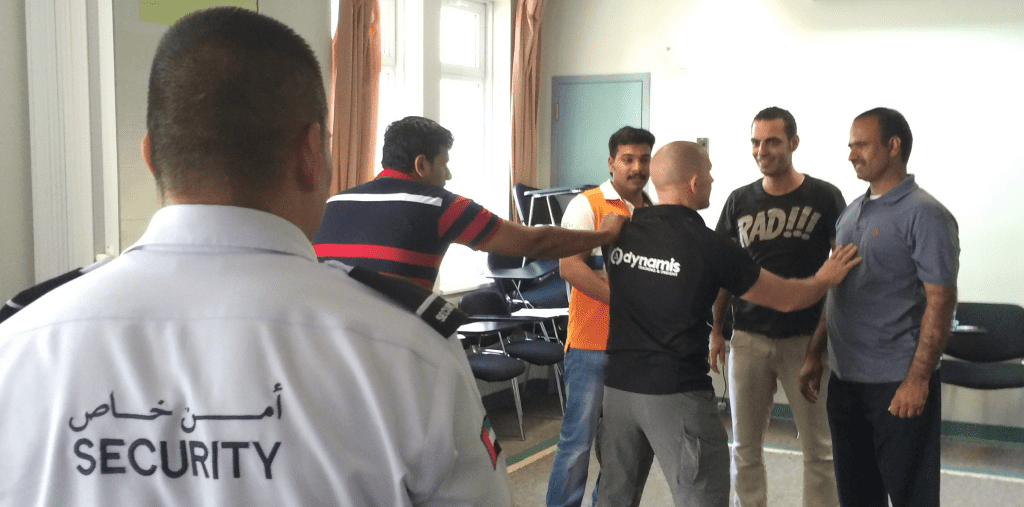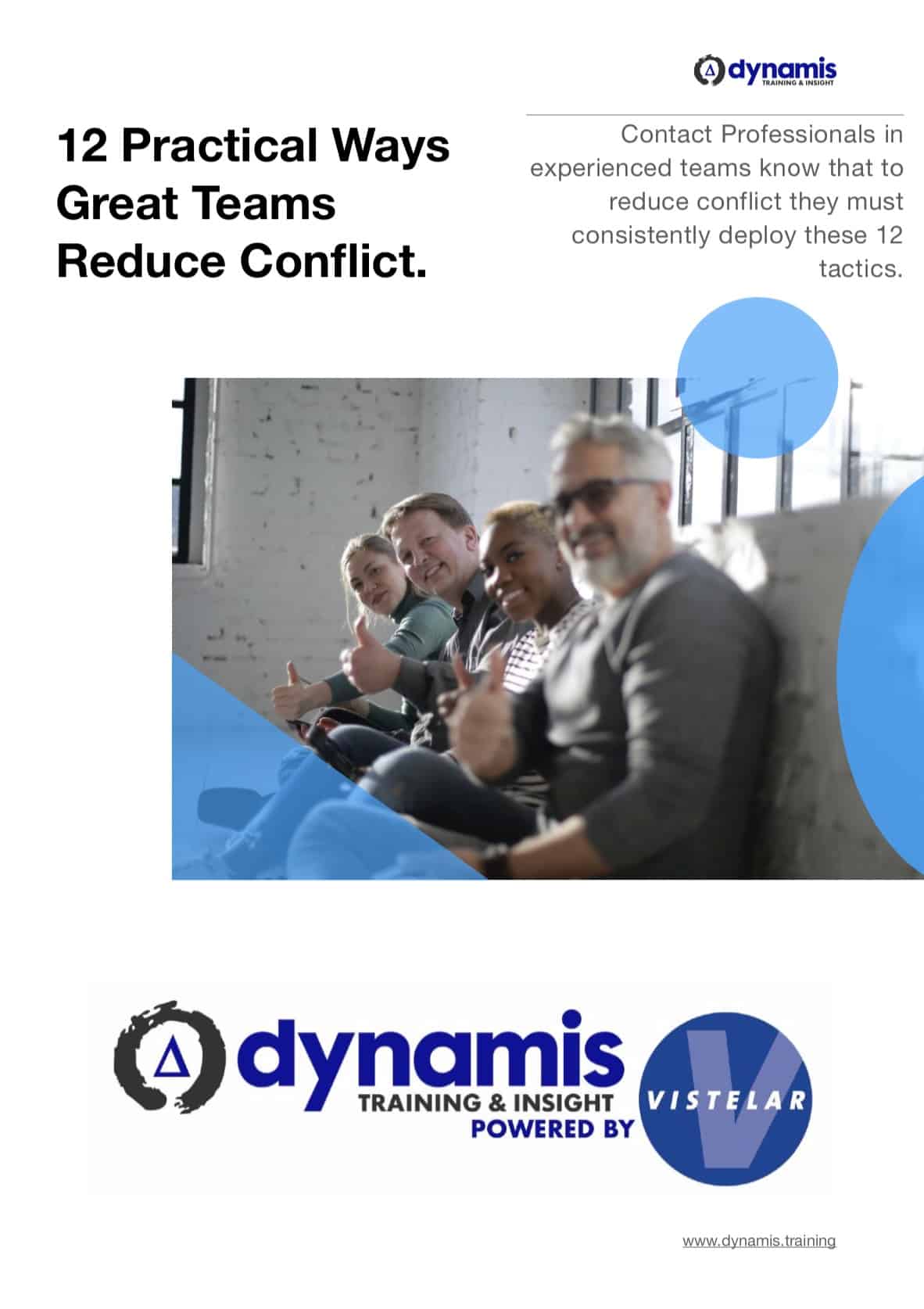In the ever-evolving corporate world, employee training is an integral part of growth and development. Among the many methods of training, two popular options often considered by organizations are the train-the-trainer programme and hiring an external training company. Each approach has its unique advantages and disadvantages, and the choice between the two typically depends on an organization’s specific needs, resources, and circumstances.
A train-the-trainer programme is a model that involves selecting a group of employees and providing them with specialized training. These employees, now trainers, share their acquired knowledge and skills with their colleagues. One of the most noticeable benefits of this approach is its cost-effectiveness. When compared to hiring an external company, it can be significantly less expensive to train a handful of employees who, in turn, train others within the organization.

Additionally, this model offers a high degree of flexibility. The newly trained trainers can schedule and conduct sessions according to the organization’s needs and convenience.
The training content can also be customized to address specific areas relevant to the organization, allowing a more targeted and tailored approach to employee development.
Despite its advantages, the train-the-trainer model also has its share of challenges. The success of the training heavily hinges on the abilities, dedication, and teaching skills of the in-house trainers. If they lack the necessary expertise or commitment, the training’s effectiveness can be severely compromised. Furthermore, there’s a risk of knowledge loss if these trainers leave the organization, creating a potential knowledge gap.
On the other hand, hiring an external training company brings a different set of benefits to the table. External training companies specialize in providing comprehensive, professionally designed training programmes. Their expertise and experience in the field can ensure a high degree of quality in the training delivered. They offer fresh perspectives and insights and are usually up to date with the latest trends, techniques, and best practices in various industries.
However, these advantages come with certain cons. Cost is a major factor, as the fees charged by external training companies can be much higher than implementing a train-the-trainer programme. Additionally, there might be less flexibility in terms of scheduling and content customization, as these companies might have their predefined programs and schedules that might not align perfectly with the organization’s needs.

In Summary
In conclusion, both the train-the-trainer programmes and external training companies provide valuable pathways for employee training, each with its unique pros and cons.
The choice between them should be made after careful consideration of various factors such as cost, quality of training, scheduling flexibility, and the specific requirements of the employees. Ultimately, the chosen method should align with the organization’s overall objectives and contribute effectively to its growth and success.


